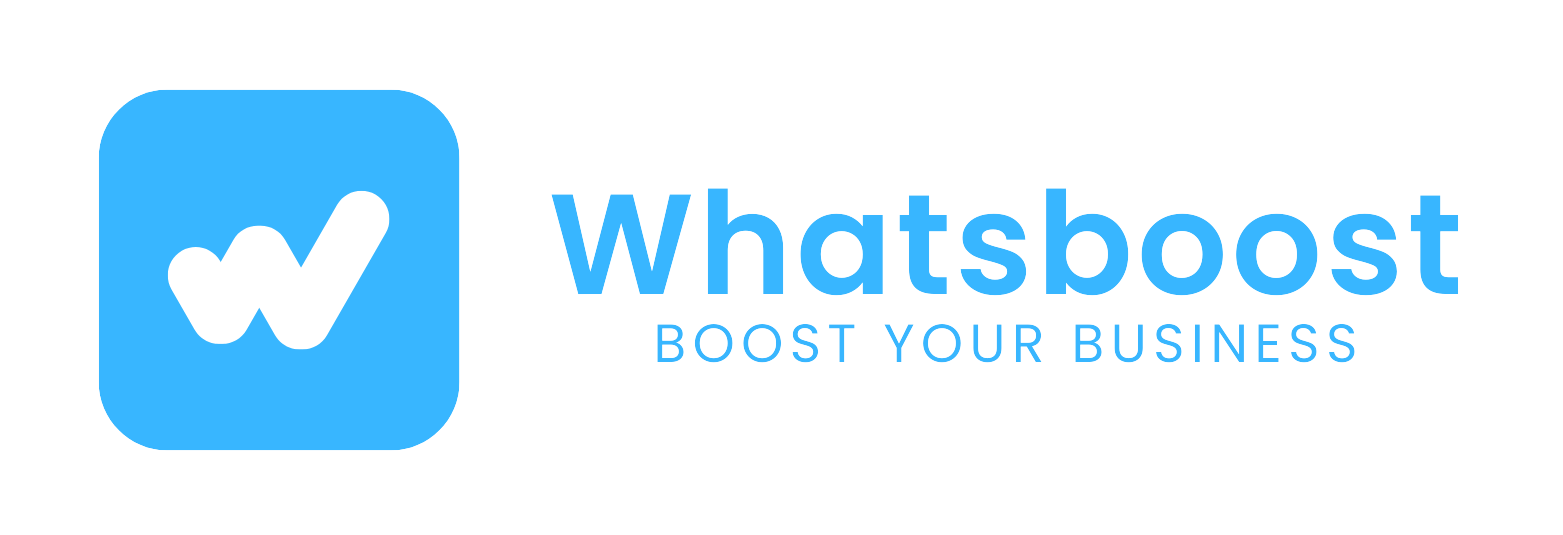
WhatsApp Interoperability: The Future of Business Messaging
Discover how WhatsApp interoperability and cross-platform messaging will revolutionize business communication. Learn about Meta's integration plans and prepare for the future.
WhatsApp's New Frontier: Cross-App Messaging and What It Means for Your Business
In today's digital landscape, WhatsApp has become an indispensable tool for businesses to connect with customers. As the platform evolves, a groundbreaking change is on the horizon: WhatsApp interoperability. This development promises to reshape how businesses communicate across different messaging platforms. Let's dive into what this means for your company and how you can prepare for this exciting shift.
What is WhatsApp Interoperability?
WhatsApp interoperability refers to the ability of WhatsApp to communicate seamlessly with other messaging platforms. This means users on different apps, such as WhatsApp and Messenger, could potentially exchange messages without switching between applications. This cross-platform messaging capability is set to revolutionize the way businesses interact with their customers.
The Digital Markets Act: Driving Force Behind Cross-Platform Messaging
The European Union's Digital Markets Act (DMA) is the catalyst for this change. The DMA aims to create a fairer digital marketplace by requiring large tech companies to make their messaging services compatible with smaller platforms. This legislation is pushing Meta, WhatsApp's parent company, to implement chat app compatibility across its messaging services.
Meta's Approach to Messaging Integration
Meta is taking steps towards WhatsApp and Messenger connectivity, with plans to potentially include Instagram Direct in this integration. This Meta messaging integration strategy aligns with the DMA's requirements and could create a more unified messaging ecosystem for users and businesses alike.
Benefits of Cross-App Messaging for Businesses
- Expanded reach: Businesses can connect with customers across multiple platforms from a single interface.
- Streamlined communication: Manage conversations from various apps in one place, improving efficiency.
- Enhanced customer service capabilities: Provide seamless support regardless of the customer's preferred messaging app.
- Potential for new marketing strategies: Develop cross-platform campaigns that leverage the unique features of each app.
Challenges and Concerns
While WhatsApp interoperability offers numerous benefits, it also presents some challenges:
- Privacy and security considerations: Ensuring data protection across different platforms with varying security standards.
- User experience consistency: Maintaining a uniform experience when messaging between apps with different features.
- Technical implementation hurdles: Overcoming the complexities of integrating diverse messaging infrastructures.
- Potential for spam and abuse: Mitigating the risk of increased unwanted messages across platforms.
How to Prepare Your Business for WhatsApp Interoperability
To stay ahead of the curve, consider these steps:
- Assess current messaging strategies: Evaluate how cross-platform messaging could enhance your current communication methods.
- Train staff on cross-platform communication: Ensure your team is prepared to handle messages from various sources.
- Update privacy policies and terms of service: Revise your documentation to reflect the new cross-app messaging capabilities.
- Explore new marketing and customer service opportunities: Brainstorm innovative ways to leverage interoperability for business growth.
The Future of Chat App Compatibility
As WhatsApp interoperability becomes a reality, we can expect further integration across messaging platforms. This shift may lead to a more interconnected messaging landscape, with businesses able to reach customers through a single, unified system. The boundaries between different chat apps may become increasingly blurred, creating new opportunities for seamless communication.
Case Studies: Early Adopters of Cross-Platform Messaging
While full WhatsApp interoperability is still in development, some businesses are already leveraging cross-platform messaging to great effect. For example, a multinational e-commerce company has implemented a unified messaging system that allows customer service representatives to respond to inquiries from multiple apps through a single interface. This approach has led to a 30% increase in response times and a 20% boost in customer satisfaction scores
